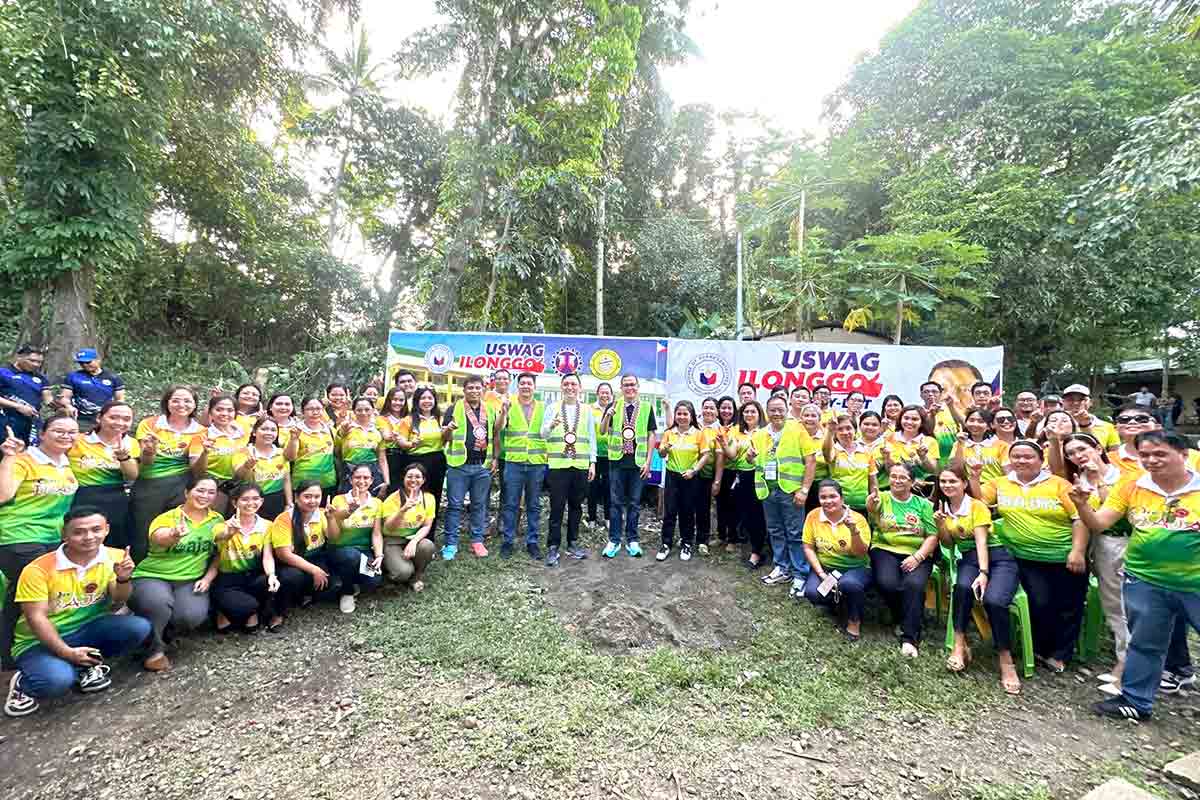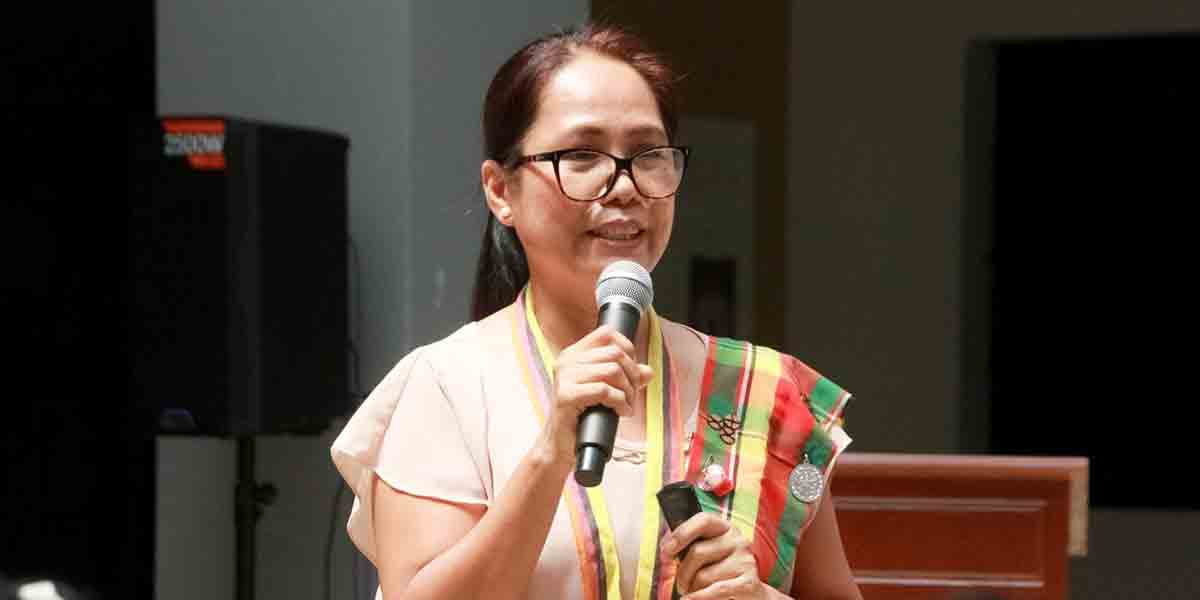By Alex P. Vidal
“My biggest piece of advice when it comes to bullying is to have an open communication about it.”—Lizzie Velasquez
I HAVE warned a visiting female friend, Matutina (not the now 80-year-old former actress who starred in the “John & Marsha” comedy sitcom in the 70’s), from Mandaluyong City not to stroll around the Big Apple alone especially during nighttime.
I didn’t want Matutina, who arrived for a short visit before the Holy Week, to end up with a black eye in both eyes after visiting the city that never sleeps. Since she is currently staying in a relative’s apartment in the Long Island, Matutina may not be able to saunter frequently in the urban jungle called the Empire City.
While the rest of the Christian world celebrated Holy Week last week, some women—including Asians—in New York, suffered from “bully week”, or the days in one week where some of them landed in the hospital after being punched without any apparent provocation while walking in New York City streets.
As of this writing, an arrest has been reportedly made days after social media videos in which women describe being punched by a stranger in seemingly random attacks in Manhattan have sparked concerns about women’s safety during the “bully week.”
-o0o-
In one of the alleged attacks, which are reaching a vast audience beyond New York thanks to algorithmically driven social feeds, a black man was arrested by the New York Police Department (NYPD).
The alleged victims, women in their 20s and 30s, detailed broadly similar attacks in posts on TikTok and Instagram.
One of the victims, Halley Kate Mcgookin, a New York-based fashion influencer, said in a March 25 video posted to TikTok that has since been viewed 49 million times, “You guys, I was literally just walking, and a man came up and punched me in the face.”
NYPD recently arrested a suspect in Mcgookin’s alleged attack. They did not respond to direct questions about how many reports of strangers punching women they’ve received in recent weeks or whether they believe the incidents are connected.
At least two other women, online content creator Selena Pikanab and model Karina Dunford, posted videos describing similar incidents. A seventh woman, only identified by her TikTok handle, posted a video describing a similar attack before making her account private.
New York City crime data showed that while overall crime is down in the city, New Yorkers have experienced upticks in certain areas, including misdemeanor assaults and felony assaults, which increased 10 percent and 3 percent, respectively, compared to the same time last year.
-o0o-
But awareness of attacks that appear to be localized to Lower Manhattan has mushroomed across social media in the past week, largely thanks to TikTok’s unique algorithm.
The Washington Post has reported that collectively, the initial TikTok videos of women describing their alleged attacks have been viewed more than 70 million times — a sum that doesn’t account for the creators’ follow-up videos and videos about the attacks that other content creators cite, known on TikTok as stitching.
“I think (TikTok) is pretty integral to how it happened,” said Kate Lindsey, who founded the internet and culture newsletter Embedded as quoted by Washington Post.
TikTok’s algorithm reportedly picks up videos users are interested in and curates similar ones into a moment, scooping up related videos even if they are months or years old.
Lindsey suspects the story topic was further boosted by the fact that one of the victims is an established influencer who already had more than 1.2 million followers — and she shared several additional follow-up videos after her attack, added the Washington Post.
-o0o-
PHENYLALAINE is an essential amino acid that is a neurotransmitter, a chemical that transmits its signals between the nerve cells and the brain. It reduces hunger, increase sexual interest, improve memory and mental alertness, and alleviate depression. (Vitamin Bible)
FATAL PLEASURE. It’s been estimated that the practice of autoerotic asphyxiation (temporarily suffocating yourself while masturbating) takes the lives of 250 to 1,000 people each year.
BEWARE OF MARKS. Products marked as aren’t necessarily low-calorie, and some products using artificial sweeteners contain more calories than if they had natural sugar.
(The author, who is now based in New York City, used to be the editor of two daily newspapers in Iloilo.—Ed)




















